As you may remember, about three weeks ago we decided to halt our broadcasts from Karongwe. The reason for this was that it was brought to our attention that we had not done our homework properly before starting our broadcasts from there. We want to emphasise here that we did not and do not think there is any trophy hunting happening at Karongwe at the moment and that the reserve owners have confirmed it has not for many years and will not in future.
This notwithstanding, we decided to take a step back and take some time to carefully think about what criteria we needed to put in place to evaluate possible partner companies and reserves. Our primary consideration in this is that we need to be able to be confident that the animal characters whose lives we share with you from the reserves we partner with are safe and will not be trophy hunted. To be as sure of this as we reasonably can, we need to carefully look at the reserve itself, but also make some assessment of the surrounding areas, in particular when reserves are part of a larger area with no fences between the different parts.
Looking at the reserve itself is relatively straight-forward. We need to confirm that there is no trophy hunting and make sure the owners confirm that there will not be in the future. Then we need to consider whether trophy hunting has occurred there in the past and, if so, how long ago, and under which management. Should it have been fairly recent and under the current management or ownership we need to have an in-depth discussion with them on their current thinking and, of course, also a firm and unequivocal commitment that there will be absolutely no trophy hunting in the future. Only once we understand the past and can be confident about the future can we consider partnering with a reserve.
If the above leads to a positive outcome, the second consideration is about the surrounding areas, especially where there are no fences. This is more complicated as it, e.g. involves trying to get an idea about how large the territories or home ranges of various animal species are and which areas they might visit and for how long. As the Birmingham Boys have shown by moving from Ngala all the way to the Sabi Sands, animals can roam very far, and it is impossible to predict their full movements accurately. We, therefore, consider neighbouring reserves they might visit, and attempt to make a call on whether this puts the animals we know at risk, and to what extent. If we conclude that risk is low, then we can be as confident as we can reasonably be that the animals we share with you are safe from being trophy hunted and we can go ahead and partner with a reserve.
We will apply these checks to all reserves we will partner with in future. To illustrate the process we would like to share how we went through this for Pridelands, a reserve near Hoedspruit, from where we are looking to start broadcasting in partnership with EcoTraining early next week.
Pridelands is currently owned by Anton Lategan and his father’s [John Lategan] family trust, and there is no trophy hunting, and there will not be in future. This was, however, not always the case. Under previous ownership, the property was known as Amsterdam and was a fenced buffalo hunting farm. In 2017 the farm was bought by the current owners who stopped all hunting, renamed it, and started restoring the various habitats. Soon after, in recognition of their efforts, they received permission to drop their fences which means they are now a part of and open to the Greater Kruger Area.
There has in the past been some trophy hunting in areas that are part of the Greater Kruger area but, with few exceptions, this has come to a virtual standstill due to the increasingly vocal public outcry when this becomes known. Most reserve owners nowadays, therefore, look very unfavourably towards having this occur on their properties. This includes those directly surrounding Pridelands.
Therefore, with no trophy hunting on Pridelands, nor a history of it under current management, and a very low risk of it occurring on the neighbouring properties, we can be confident that our animal characters are safe from trophy hunters and we can, therefore, start broadcasting from there with peace of mind.
WildEarth will soon also be broadcasting from Phinda in KwaZulu Natal under our partnership with &Beyond, and here too we can confirm that Phinda does not and will not conduct trophy hunting. Some years ago there was some abuse of the “problem animal” hunting permits which saw leopards from Phinda being baited out of the reserve and hunted, but &Beyond and various other groups worked hard to reform these regulations so that the “problem animal” hunting permits could no longer be abused.
For those of you who have more questions on this topic, we have decided to hold a town hall with Graham Wallington this evening, Friday, May 29th at 18:30 CAT (thirty minutes after the end of the Sunset Safari, where he will do his best to answer them as clearly as possible. (This is 12:30 PM EST, 09:30 AM PST, 16:30 GMT/UTC, 17:30 BST, 18:30 CET, 02:30+ Sydney Time)
To join this town hall you need to be a registered member of the WildEarth site (this is free). When logged on, you can go to the ‘club’ section from the top menu and there you will find the link to today’s townhall (It’s townhall #9).

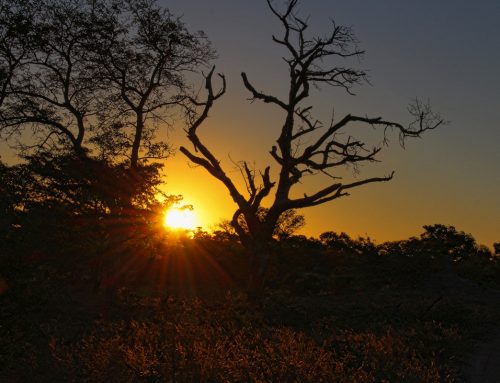
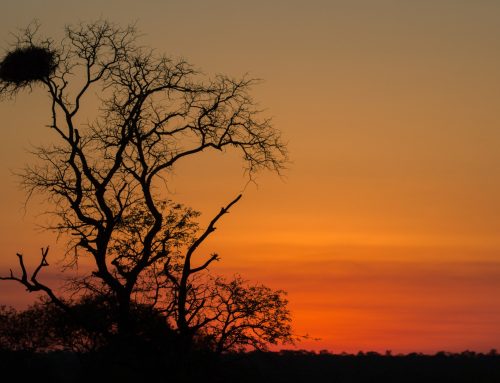
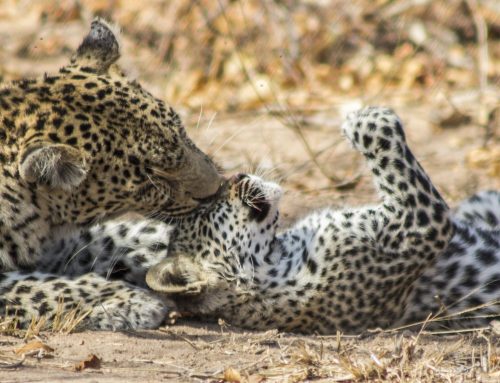
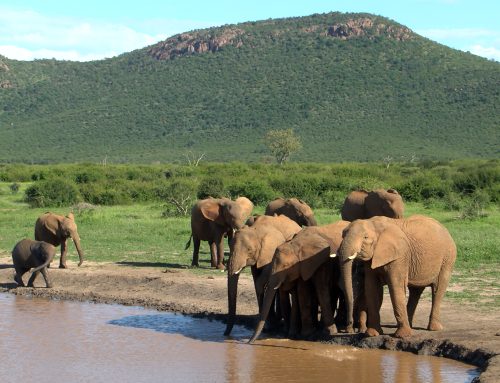
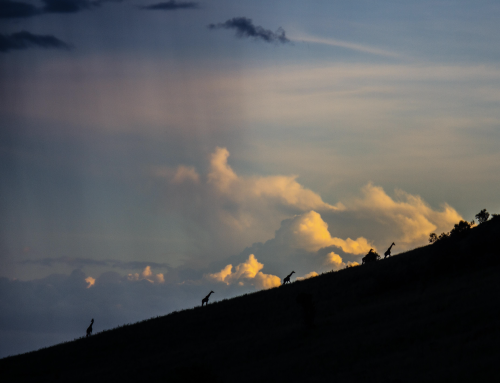
Thank you for be a animal advocate. I respect that beyond words!!!!!!
“Looking at the reserve itself is relatively straight-forward. We need to confirm that there is no trophy hunting and make sure the owners confirm that there will not be in the future. Then we need to consider whether trophy hunting has occurred there in the past and, if so, how long ago, and under which management. Should it have been fairly recent and under the current management or ownership we need to have an in-depth discussion with them on their current thinking and, of course, also a firm and unequivocal commitment that there will be absolutely no trophy hunting in the future. Only once we understand the past and can be confident about the future can we consider partnering with a reserve.”
MUCH RESPECT!!!!!!!